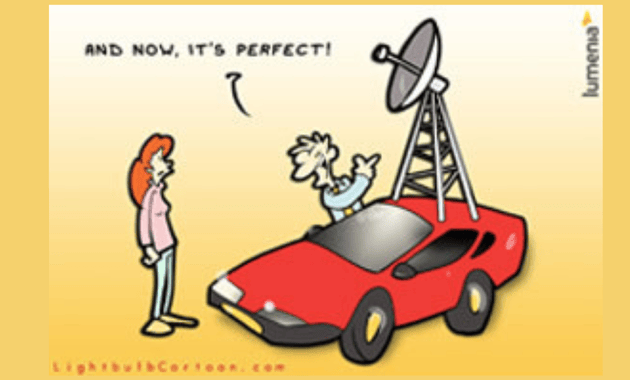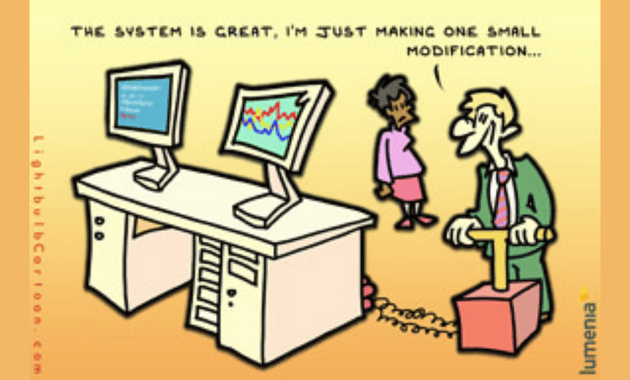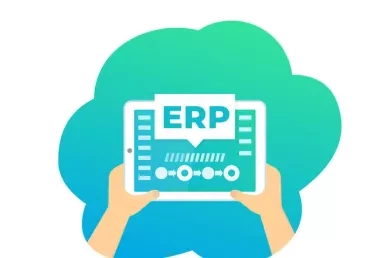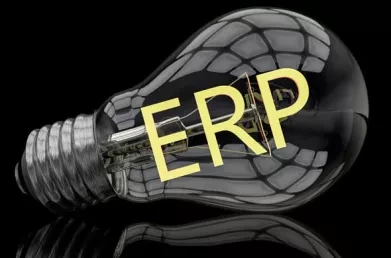Should you Customise your ERP System?
Most ERP practitioners strongly advise against customising your ERP system. “It is better to change the way you work rather than change the system,” we are told. Customisations add cost, complexity and risk to your ERP project, but are there situations where this is actually the best course of action?
ERP systems have been around for many years and for some market sectors these mature systems offer a wide range of functionality covering almost every business requirement. This is particularly true in the manufacturing sector where ERP systems originated. In the manufacturing sector systems have evolved to a level where different modes of manufacture (discrete, process, project-based, etc.) are catered for by systems which have been developed specifically for that mode. In manufacturing it is usually not necessary to need customisations of any great significance.
In recent years ERP systems have become more popular in non-manufacturing related sectors such as service and retail. In these sectors the functional requirements of the business can be quite diverse and the ERP systems are less well developed. Where the system does not meet the functional requirement, companies should first consider changing the way of working to fit with the system. However, in many case this will compromise the efficient operating of the business process.

The next option to consider is whether the functional requirement can be satisfied by using a bolt-on product. Niche products or point solutions can often be found which will fill functional gaps in ERP systems. These bolt-on solutions are usually provided by Value Added Resellers (VARs) with expertise in specific market sectors. A good example of this is in the area of e-Commerce in the retail sector. Specialist multi-channel commerce solutions can be integrated with the ERP back office system providing stock availability, sales order processing and order fulfilment capabilities in a seamless and consistent way for the consumer, irrespective of channel.
The benefits of using a bolt-on solution from a VAR are significant. Where the ERP system and the market specific bolt-on solution are provided by a single VAR, the development of the ERP system and that of the bolt-on solution are kept in line. This greatly facilitates the system upgrade process over the life cycle of the ERP system. There is a further benefit in that the costs of on-going development of the bolt-on solution are being shared by numerous customers of the VAR.

Only where the above options are not available should companies consider customising the ERP software to meet their own specific functional requirements. This can be a good option where the functional requirements are unique, complex and of limited scope. The downside is that the development costs will have to be funded by the company and future upgrades of the ERP system will be more difficult and costly.
So in conclusion, customising ERP software should only ever be considered as a last resort, when alternative options fail to provide a solution to functional gaps. The cost and effort involved in a customised solution should always be identified during the ERP selection process and the implementation plan and project budget should take full account of the additional time, effort and cost involved in delivering the final solution.
This blog was written by Frank Crewe, Principal Consultant at Lumenia. If you would like further information on customisation of your ERP System, or any other aspect of ERP, please send an e-mail to Frank Crewe.


